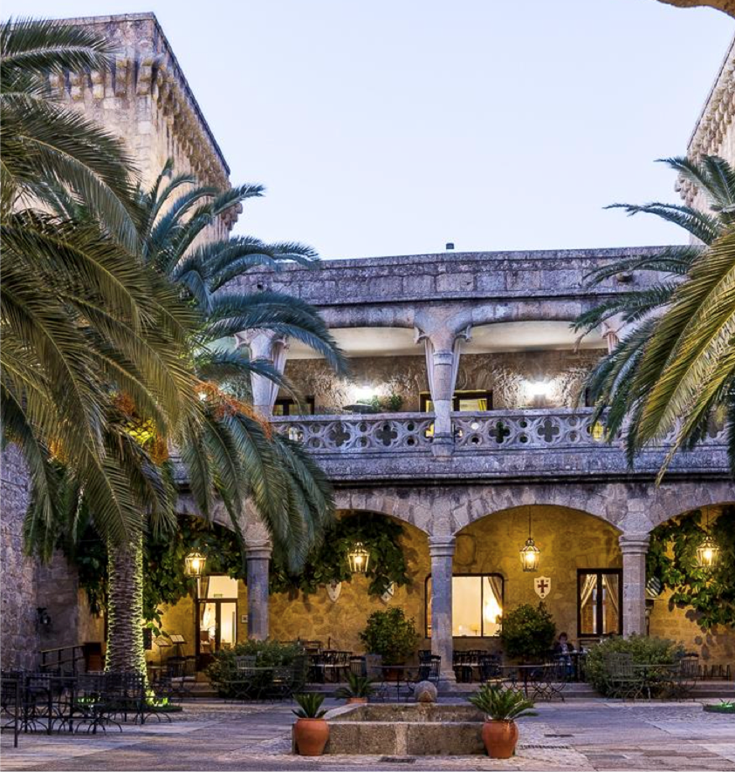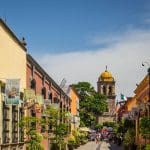Hotels include former castles and other ancient structures
IAN STALKER
Spanish lodging chain Paradores is inviting those intrigued by Spain’s long history to be surrounded by it when they hit the hay at night.
The 98 state-owned Paradores properties range from deluxe to 3-stars, with 45 of them considered historical, having previously served as the likes of castles or convents before being converted into hotels.
“Your clients can have contact with the real Spain,” Juan Jose Gonzalez Alvarez, Paradores’ sales director, said during a Spanish tourism board event in Toronto.
Paradores provide “a unique opportunity to sleep amid centuries of history,” the Toronto event was told.

Much of Spanish tourism revolves around its coast but those on hand in Toronto were told that Spain “is more than sun and beach,” with the country having 15 World Heritage Cities. Most of those cities have Paradores properties.
Elias Albini, Paradores’ international sales manager, in turn noted that its member properties are found in both urban and rural areas. “We are basically everywhere in Spain.”
State-owned Paradores was founded around a century ago as a way of promoting Spain to tourists, with Albini reporting the lion’s share of guests are tourists but the properties do host business travellers as well.
As well, 11 have wellness centres and two have private golf courses.

Paradores has prepared itineraries available for tourists wanting to explore Spain and hosts tourists wanting to see the country by bike, thanks to it’s working with companies that rent bicycles. Paradores’ network reaches as far as the Canary Islands.
Albini added that Paradores promotes traditional Spanish cuisine, and reservations aren’t needed for those wishing to dine in one.
Event attendees were told that Paradores is committed to sustainability, with its properties getting their electricity from green sources.
Meanwhile, those attending the event were told that Spain has numerous historical cities for visitors to explore, with two Grupo Ciudades Patrimonio de la Humanidad de Espana — which promotes cities’ with historical significance — praising numerous Spanish metropolises, among them “mystical” Avila, which has a long-standing, well-preserved wall surrounding its old quarter; Cuenca, a “perfect blend of nature and culture”; and Cordoba and Segovia, with claims to fame in both of those cities including Roman ruins.
More information can be found at paradores.es and ciudadespatrimonio.org.

















